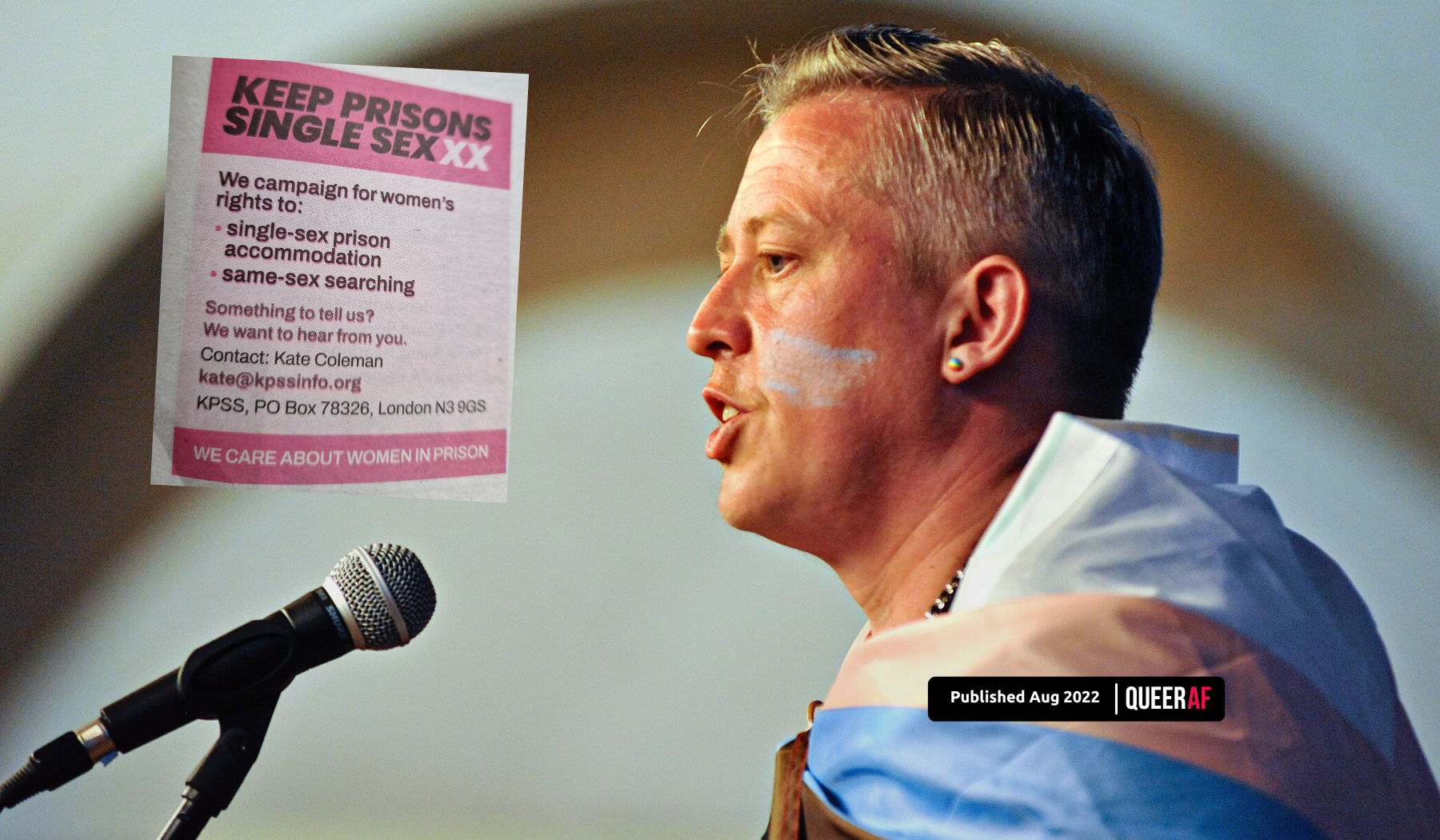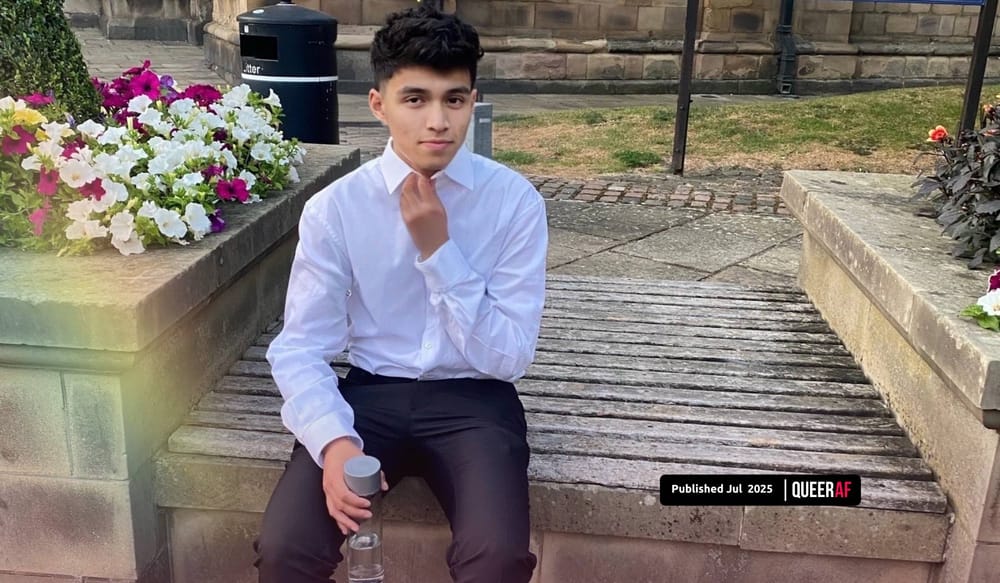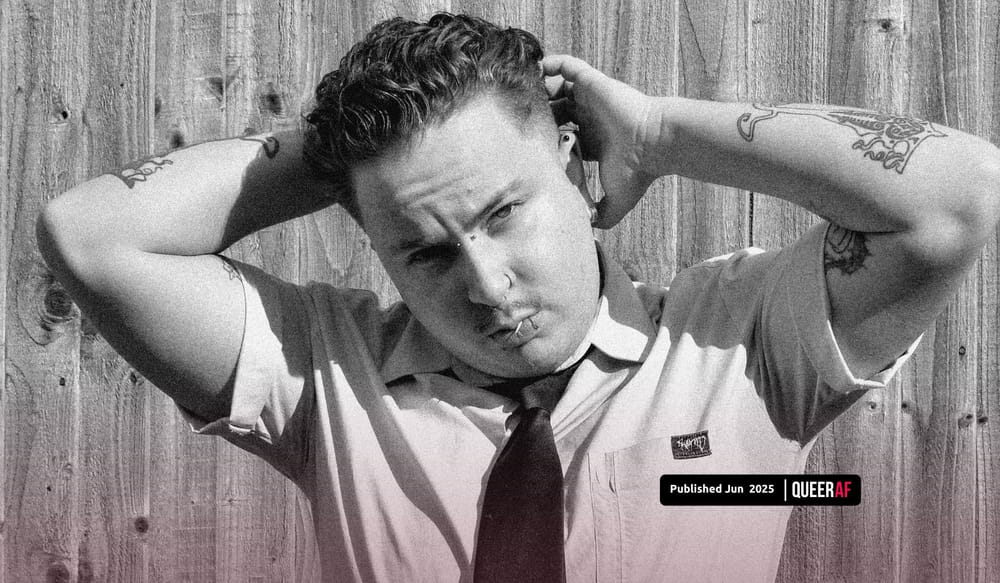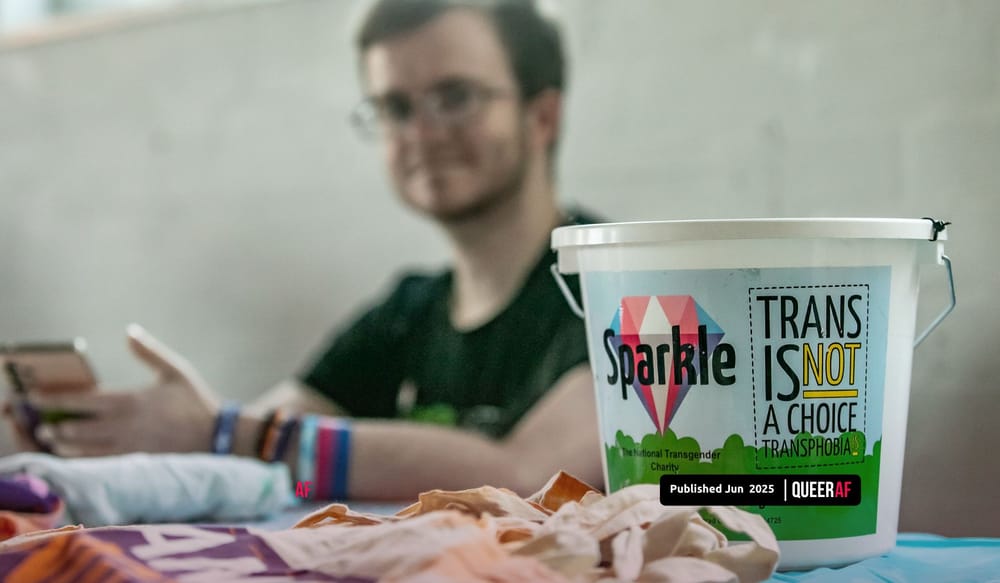
I felt the healing lines under my chest tighten, remembering when I last saw transgender prisoners in the headlines.
I was a trans man in a female prison, sitting in a cell, when a newspaper cutting slid under my door. Karen White, who sexually assaulted women in a female prison, had been sent back to a male prison.
I remember the fear. The uproar in prison, the rise of transphobia. Knowing you can’t stop what’s coming.
Not a large percentage of women were in for violent crimes, but violence was a way of life inside prison for many.
I had seen the violence cisgender women inflicted on each other. Pool balls in socks, ‘flaskings’ (boiling water and sugar in flasks or cups).
I was scared it would happen to me. That one wrong look could see my cell door swing open.
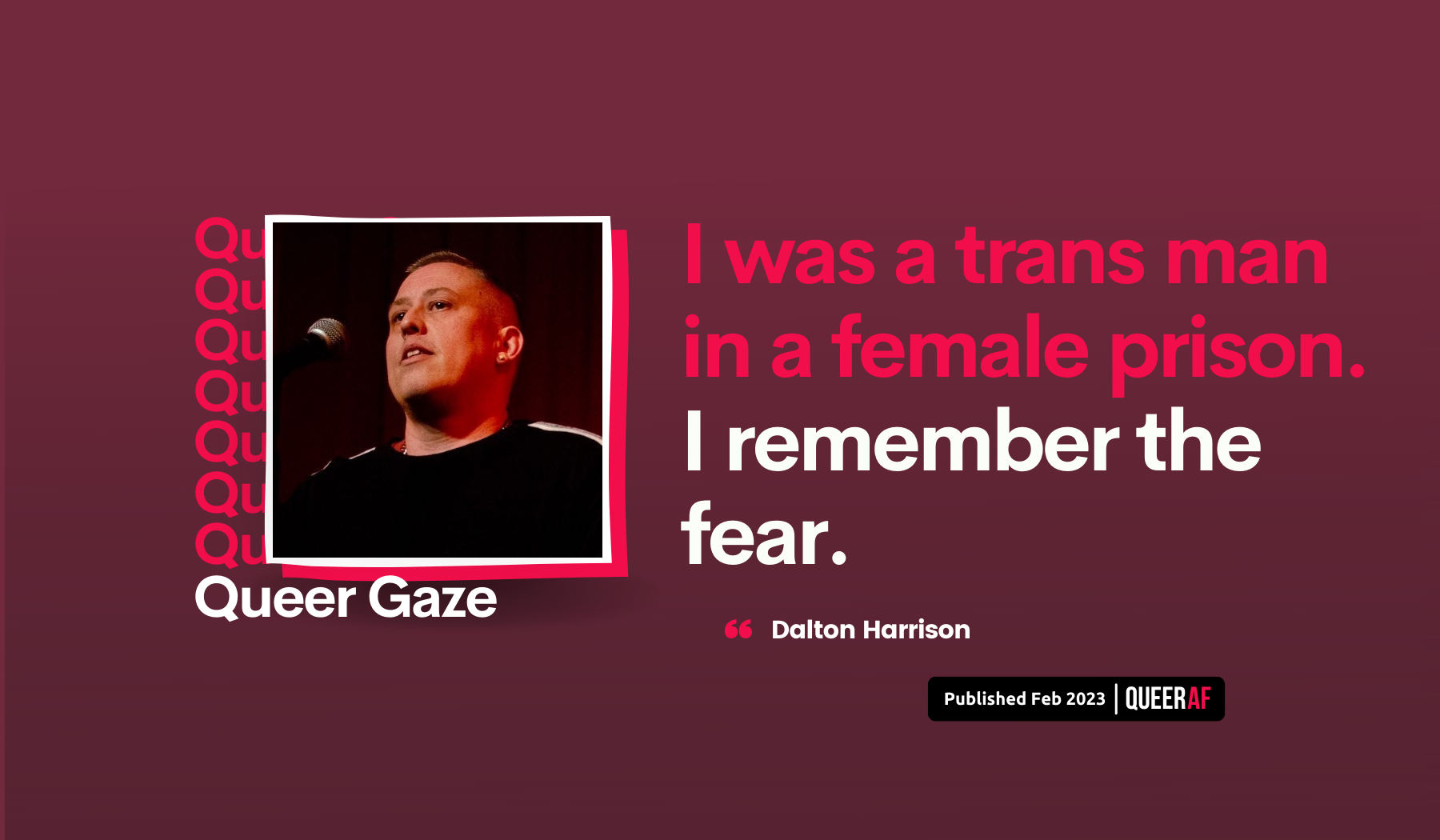
Yet, in prison, I was seen as the risk. I was transgender.
And so when I saw the Isla Bryson headlines, I thought of one of the trans women I met in 2018, sitting in a cell with two other women while they braided her hair. Were prisoners like her about to face another backlash?
Of course, this kind of prejudice was already happening in prisons, and has accelerated since the rise of the campaign group ‘Keep Prisons Single Sex’.
I recently found their advertisement in the national prison newspaper Insidetime, an outlet I greatly admire.
It asks a vague but pointed question: ‘Something to tell us?’
Perhaps it’s no wonder why they are so quick to be able to organise pickets outside prisons with trans people.
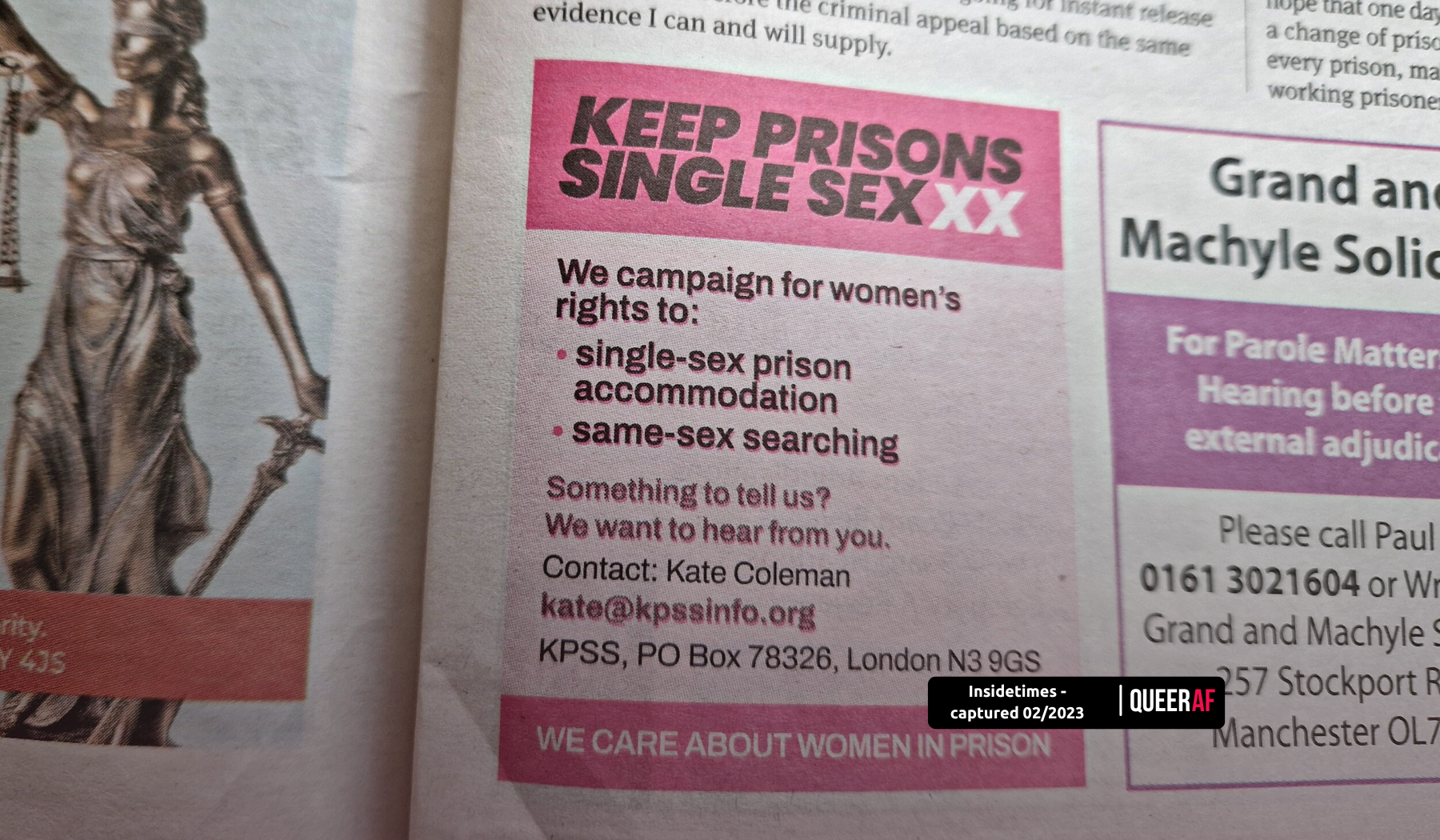
Transgender prisoners aren't the issue we should be focused on
It’s important to remember that the prison population in Scotland is around 7,500 offenders, of which only 15 are transgender - just 0.2% - Translucent
Transgender prisoners are not afforded the same rights as cisgender prisoners who commit offences inside. The phrase ‘in the public's best interest’ is a tool used by the media and the state to reduce trans people to less than human.
So why is the public, or specifically the media, so interested in prisoners now? Is this really the moment every person and politician joins together to fight against the prison system and the fact it is not working?
What makes me angry about these landmark media moments is that protecting women's safety is never the real issue. If it was, why has no one questioned accountability within prisons, the importance of maintaining family ties, and the length of prison visits?
Or how about gender bias in resources for women in prison, the gender pay gap, and convictions of officer/prisoner relationships?
Then there’s racism, pregnant women, deaths of babies in cells, the rise in self-harm, death rates and building more female prisons rather than funding community rehabilitation for non-violent offenders. I could go on.
Nelson Mandela said, “No one truly knows a nation until one has been inside its jails. A nation should not be judged by how it treats its highest citizens, but its lowest ones.”
That’s where the conversation about prisons should start - by looking at the rights and conditions of prisoners - not with scaremongering over trans prisoners.
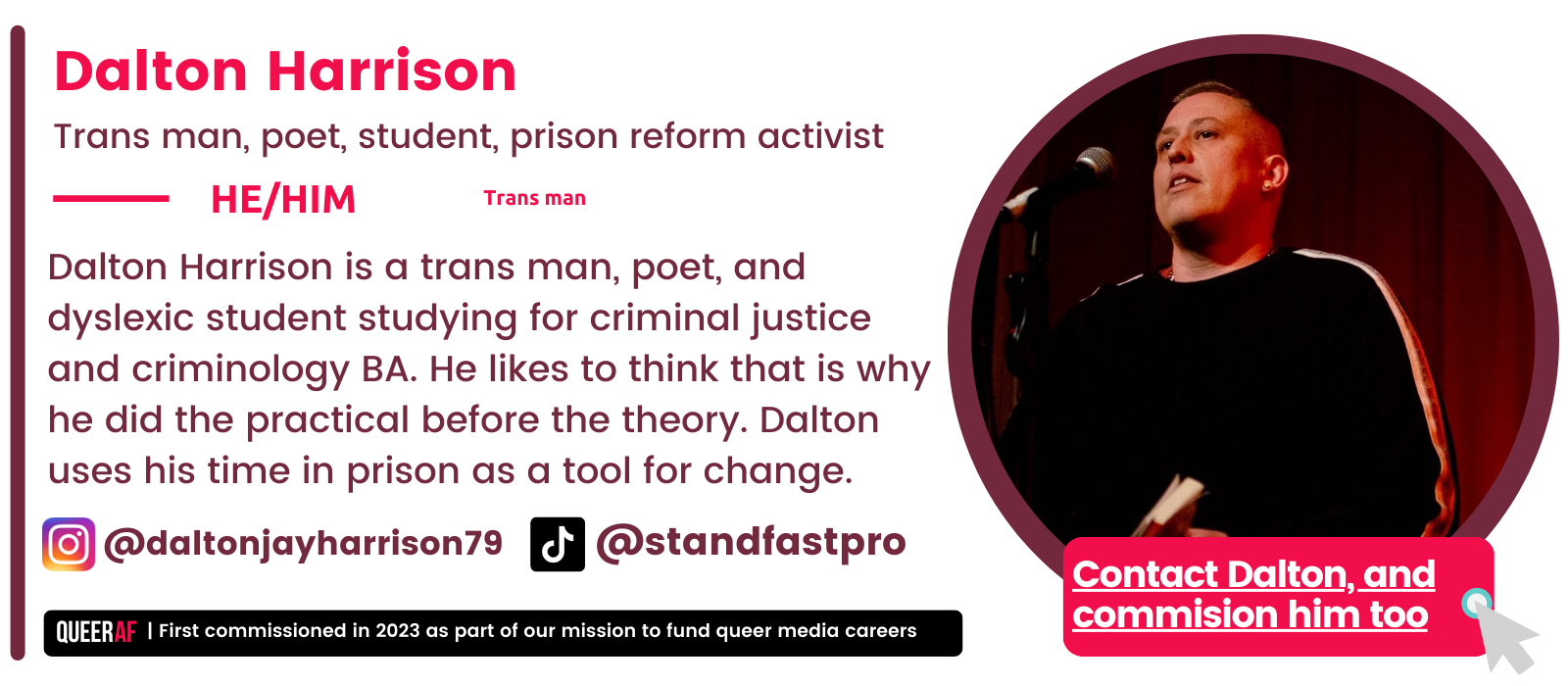
Dalton Harrison is also a contributor to Twenty Eight, a series of stories and poems remembering Section 28. Get your copy now.
It's different, we know.
Do you get a kick out of reading QueerAF every week?
Do you feel better for learning about different LGBTQIA+ perspectives?
Empowered by the stories of other cool LGBTQIA+ folks?
Maybe you just love our super sick podcast reccs? 🤘
We certainly get a kick out of writing it - but we can't do that without the support of readers like you.
Whatever you get out of QueerAF, as a member, you'd get even more! Early access to content, the chance to directly commission an article - and the knowledge that your cash is supporting queer creatives every single week.
Sound good? Take a look at becoming a QueerAF member.


